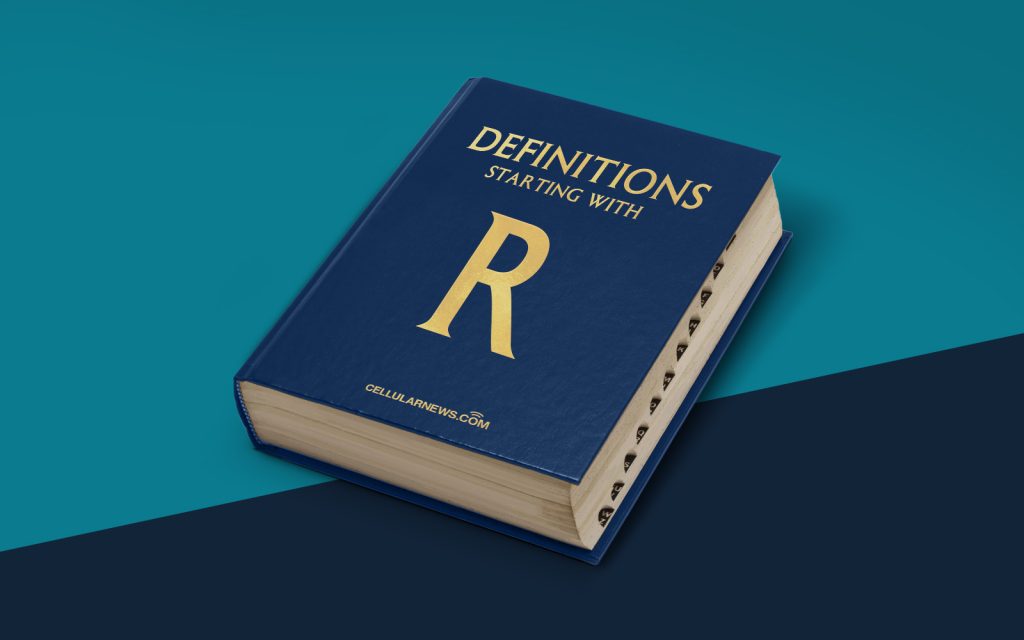
Understanding Reification: Unraveling the Concept
Welcome to the world of reification! Have you ever come across this curious term and wondered what it meant? In simple terms, reification refers to the act of treating an abstract concept or idea as if it were a concrete object. This may sound a little confusing, but fear not! In this article, we will explore the fascinating concept of reification, delve into its implications, and understand how it influences our thinking and perception of the world.
Key Takeaways:
- Reification is the act of treating an abstract concept as a concrete object.
- It influences our thinking and perception of the world by attaching properties and characteristics to abstract ideas.
The Process of Reification
Reification occurs when we assign qualities, traits, or even physical attributes to things that are abstract in nature. It essentially involves taking something intangible and transforming it into something that can be perceived and understood in a more concrete way. This process can be both helpful and problematic, depending on the context. Let’s dive deeper into understanding the process of reification:
- Objectifying Abstract Concepts: Humans have a natural tendency to simplify complex ideas, making them easier to comprehend. Reification allows us to transform abstract concepts, like justice or love, into tangible objects or entities. By doing so, we can visualize and interact with these concepts more easily, providing a sense of structure and clarity in our thinking.
- Limitations and Oversimplification: While reification can aid in understanding abstract ideas, it also comes with its limitations. By converting complex concepts into concrete objects, we risk oversimplifying their true nature. This can lead to a narrow and rigid understanding of ideas that are inherently complex and multifaceted.
It’s important to acknowledge that reification is a natural cognitive process that helps us make sense of the world. However, it’s crucial to remain aware of its limitations and not fall into the trap of oversimplification and rigid thinking.
The Implications of Reification
Now that we have a better grasp of reification, let’s explore its implications:
- Conceptual Traps: Reification can create conceptual traps by blurring the line between reality and abstract concepts. When we reify an abstract idea, we start attributing qualities and characteristics to it as if it were a physical object. This can lead to misunderstandings, misinterpretations, and even the perpetuation of stigmatizing stereotypes.
- Influence on Decision-Making: Reification can influence our decision-making processes. When we concretize abstract concepts, we may be prone to basing our actions on simplified and rigid understandings of these ideas. This can have far-reaching effects, especially in areas such as politics and social dynamics, where abstract concepts play a vital role.
By recognizing the implications of reification, we can strive for a more nuanced understanding of abstract concepts and avoid falling into the trap of oversimplification and misconceptions.
Conclusion
Reification is a fascinating concept that highlights our natural inclination to convert abstract ideas into tangible objects. While it can aid in understanding complex concepts, it also has its limitations and can lead to oversimplification. By being aware of these nuances and the implications of reification, we can navigate our thinking more critically and strive for a deeper understanding of the world around us.
